Logical thinking development Normal Worksheets for Ages 3-8
8 filtered results
-
From - To
Enhance your child's logical thinking skills with our carefully designed worksheets for ages 3-8. Our collection offers engaging activities that promote critical reasoning, pattern recognition, and problem-solving abilities. Each worksheet is tailored to be age-appropriate, encouraging young learners to explore various concepts through fun and interactive tasks. From puzzles to sorting games, these resources aid in the cognitive development of your child while making learning enjoyable. Perfect for parents and educators alike, our normal worksheets will help children build a strong foundation in logical thinking, essential for their future academic success. Explore our unique collection today and inspire a love for learning!
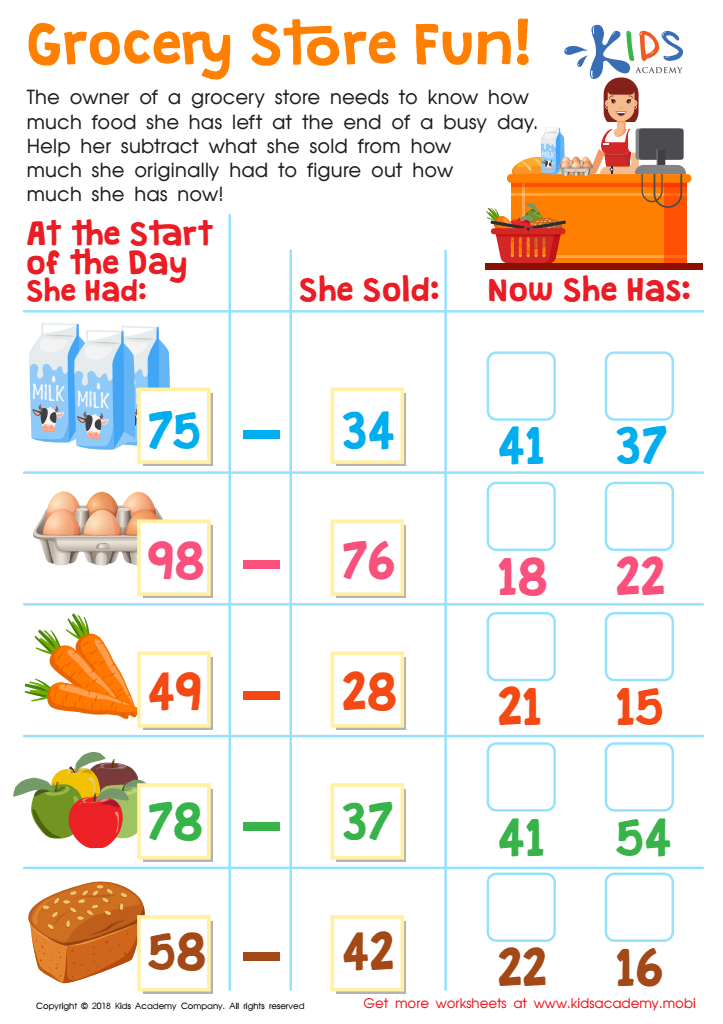

Grocery Store Fun! Worksheet
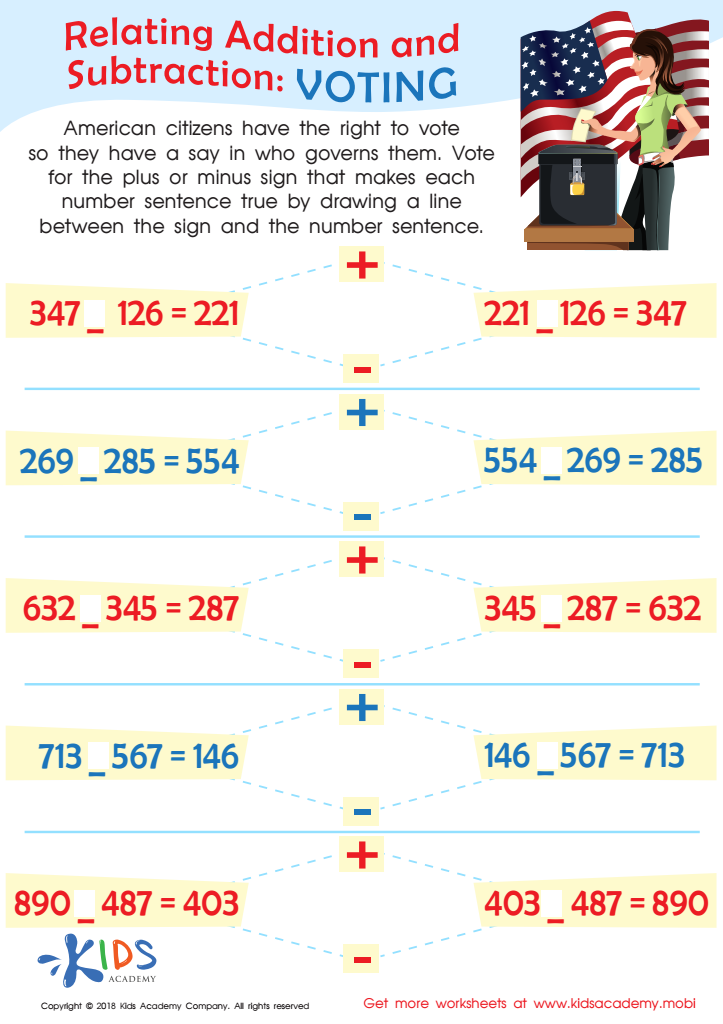

Voting Worksheet


Tricky Problems Worksheet: Part 2
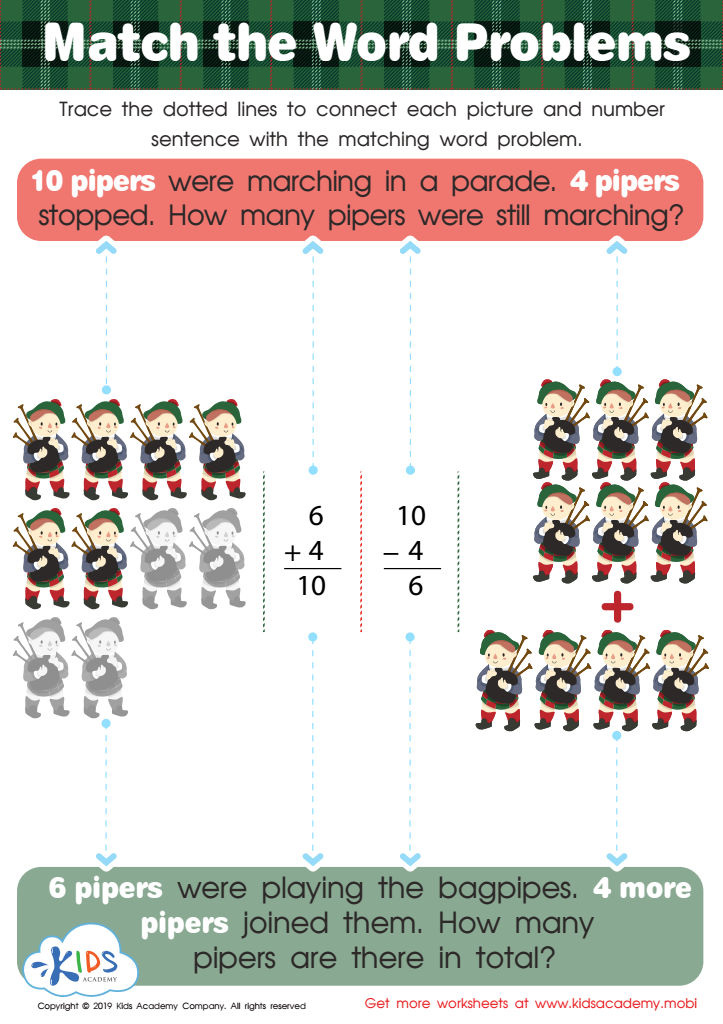

Match the Word Problems Worksheet
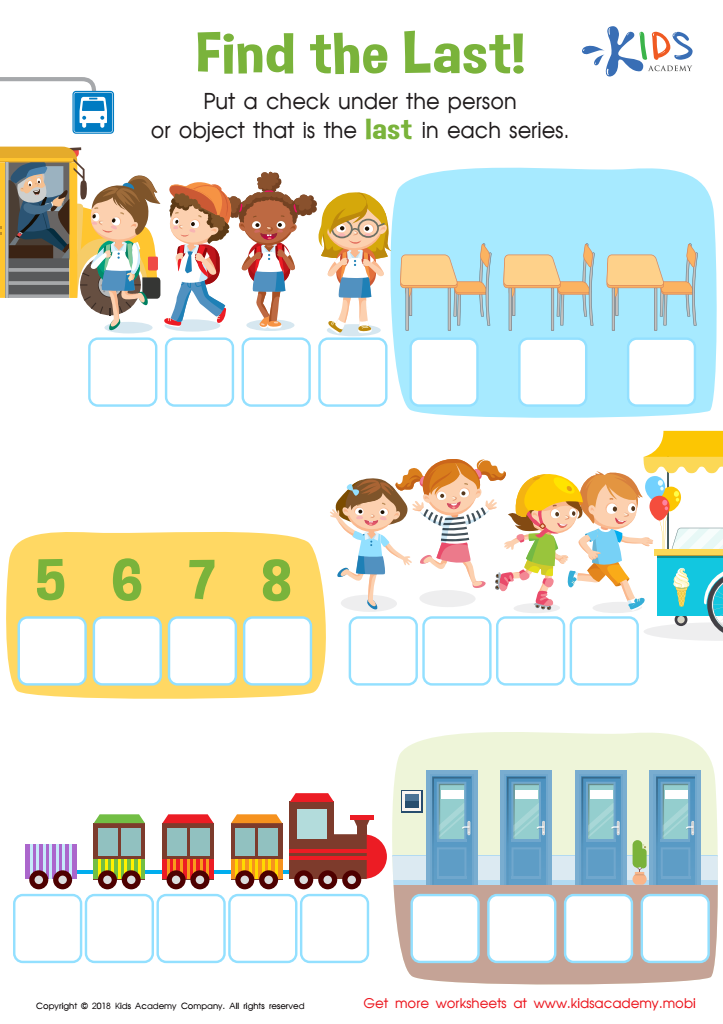

Find the Last! Worksheet
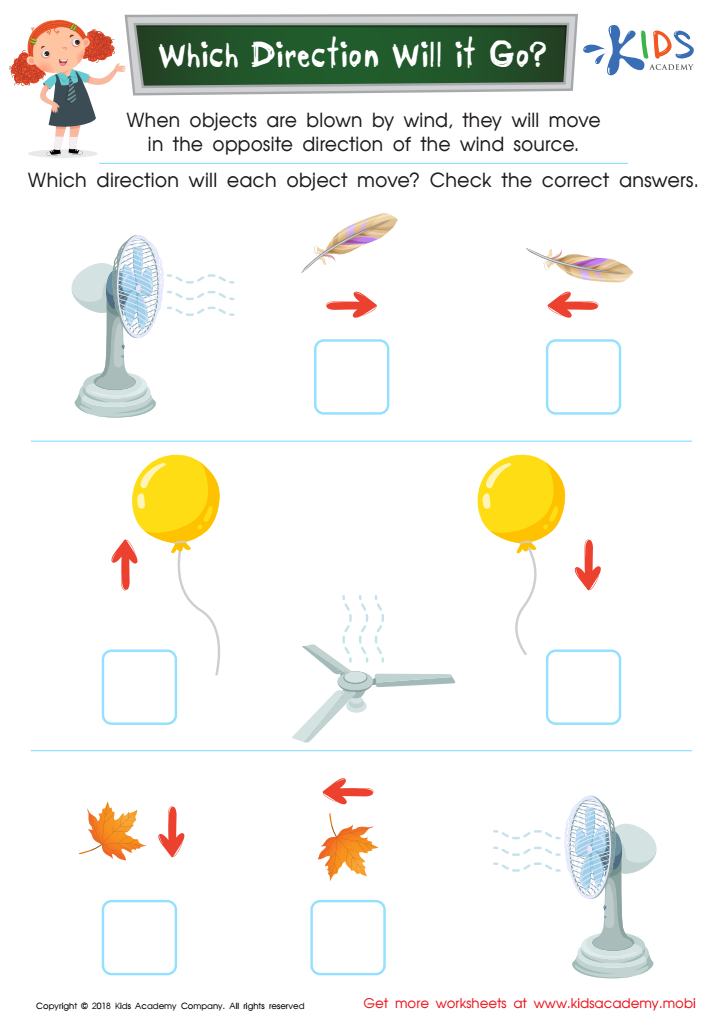

Which Direction Will it Go? Worksheet
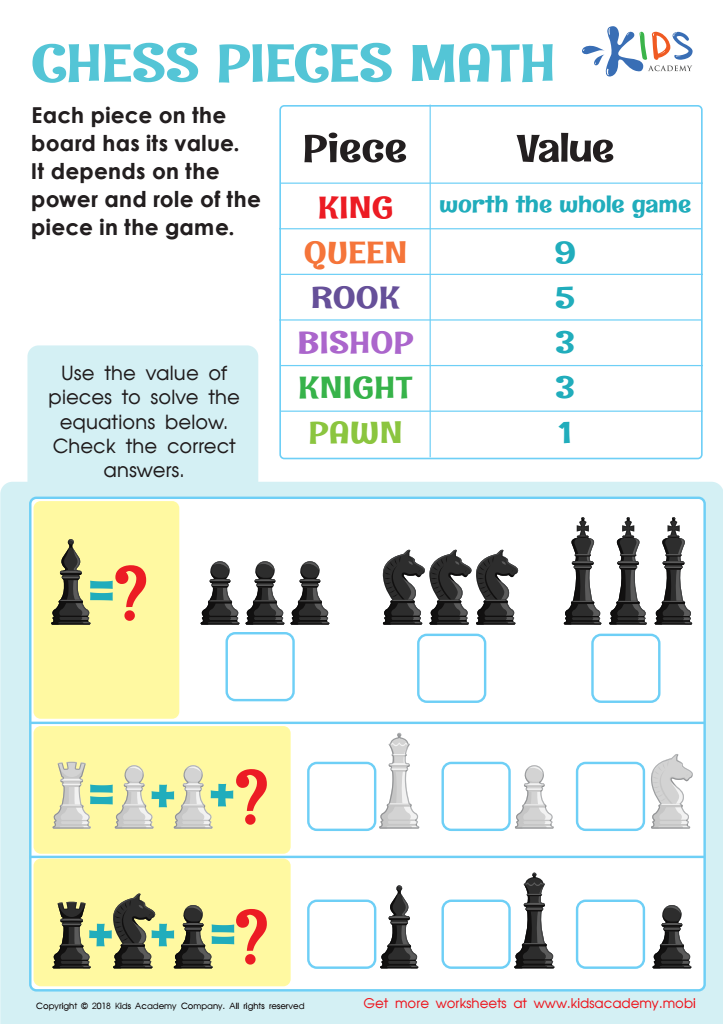

Chess Pieces Math Worksheet
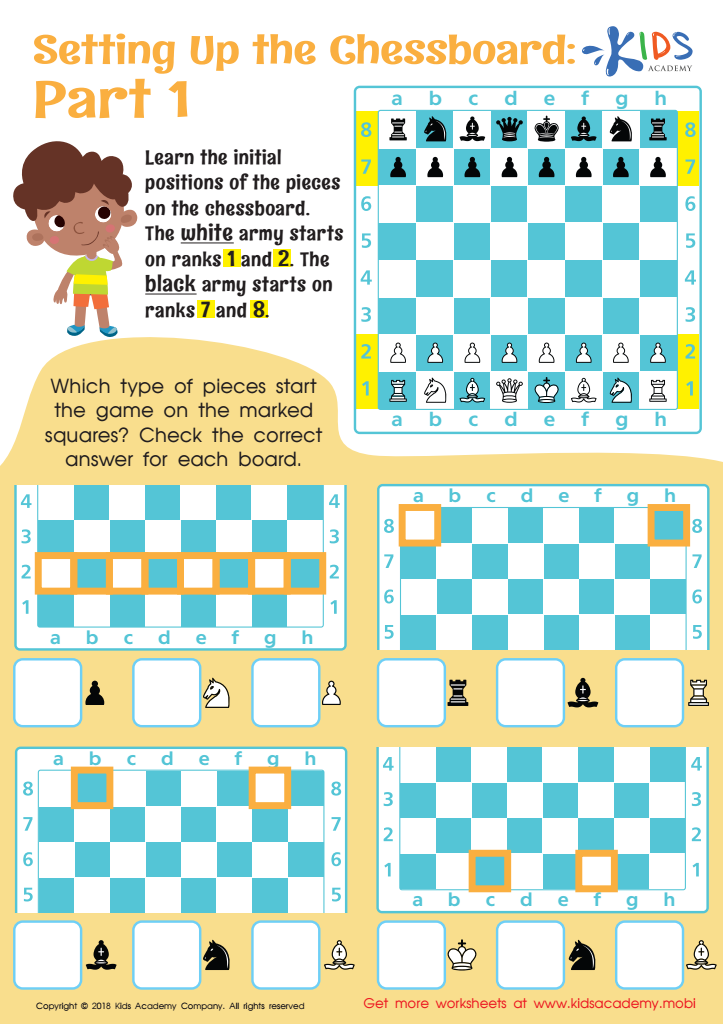

Setting up the Chessboard: Part 1 Worksheet
Logical thinking is a crucial component of cognitive development in children aged 3 to 8, making it essential for parents and teachers to prioritize this skill. At this age, children are developing foundational abilities such as reasoning, problem-solving, and critical thinking, which are integral to their overall learning process. Logical thinking helps children understand cause and effect, categorize objects, and make connections between concepts, laying the groundwork for mathematical and scientific reasoning in later years.
Further, fostering logical thinking enhances a child’s ability to evaluate situations and make informed decisions—skills that contribute not only to academic success but also to everyday life. Engaging activities like puzzles, games, and collaborative problem-solving tasks stimulate this cognitive growth and encourage creativity.
Moreover, promoting logical thinking builds confidence in children as they learn to approach challenges systematically. This resilience helps them tackle future difficulties with a proactive mindset. Additionally, strong logical skills support emotional and social development by teaching children to understand perspectives, facilitating better communication and teamwork among peers.
In essence, nurturing logical thinking in young children empowers them to become effective learners and critical thinkers, setting a solid foundation for lifelong success.
 Assign to My Students
Assign to My Students





















